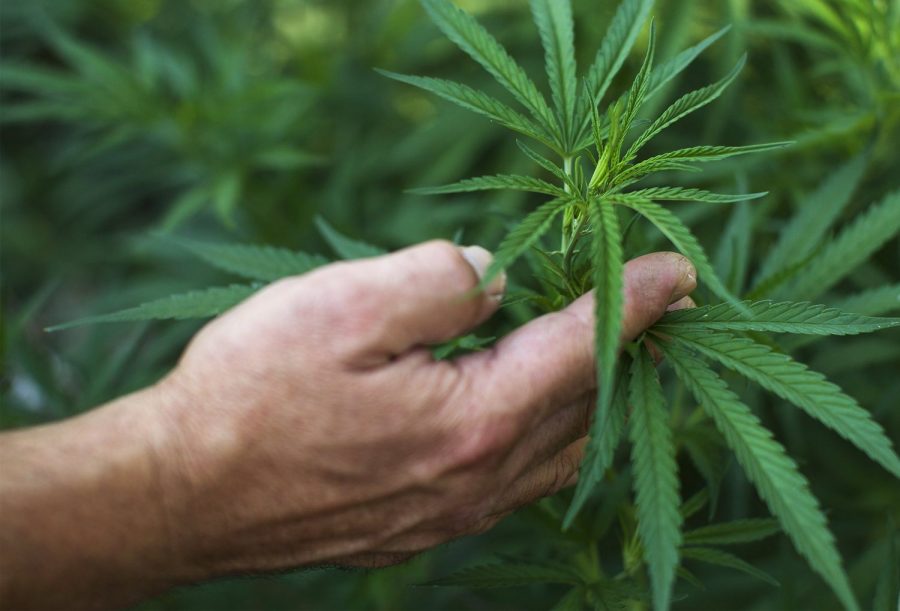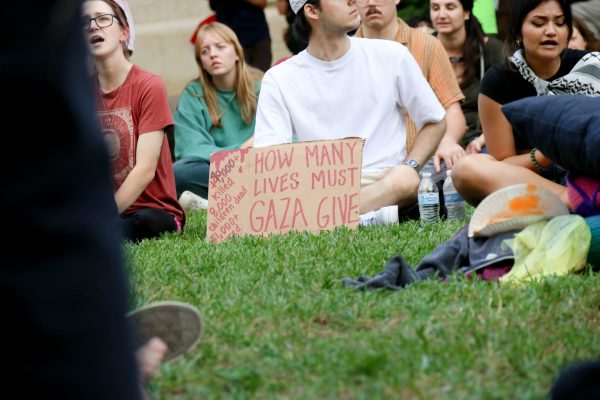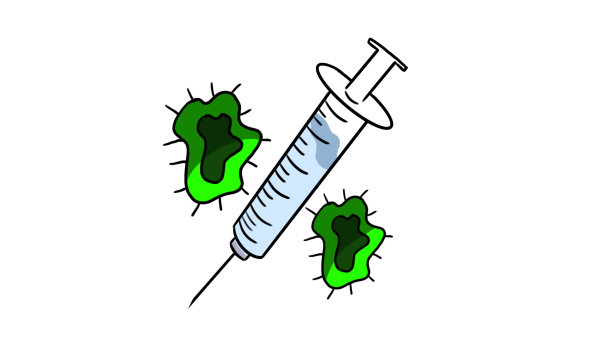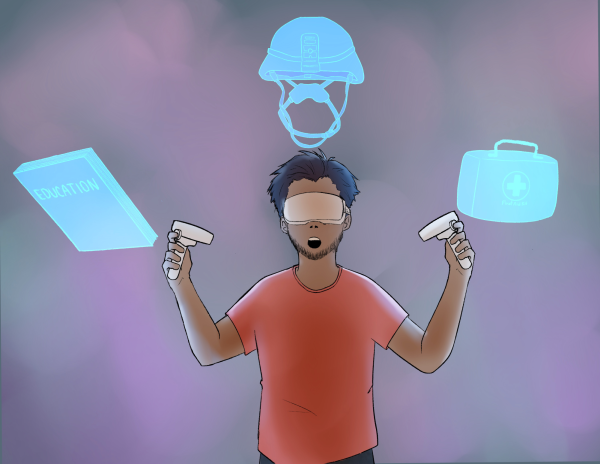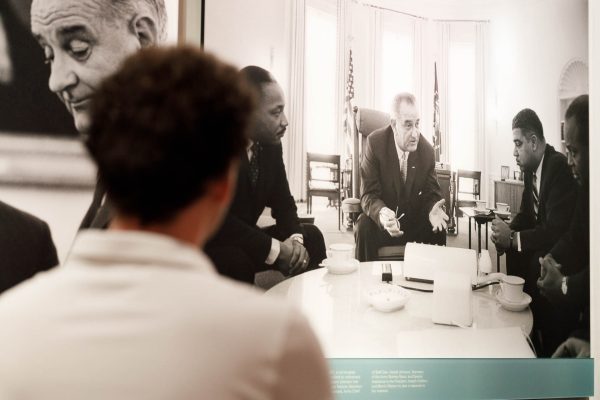Marijuana laws no longer dope, Philadelphia weeds them out
Though it doesn’t seem like the war on drugs will be over any time soon, the war on weed may be nearing its end.
Philadelphia is now the largest city in the U.S. to ban arrests on small amounts of marijuana possession. The bill calls for a mere $25 fine for those who are caught with less than 30 grams and the offense doesn’t go on record.
So it’s basically a parking ticket type punishment, but for having pot. That’s not so bad.
Though it doesn’t seem like the war on drugs will be over any time soon, the war on weed may be nearing its end.
So far 23 states have enacted laws to legalize medical marijuana, and other legislation similar to what Philadelphia lawmakers are pushing call for lighter punishments on marijuana use and possession.
Several states have been flirting with the idea of loosening marijuana laws; especially since Colorado made headlines for their decision to all-out legalize marijuana. And it makes sense, too.
Colorado made $12.6 million in taxes and fees after only five months of legalization. In addition, the overall crime rate in Denver (which is where a majority of Colorado’s pot dealers are) went down by about 10 percent, though this shouldn’t be seen as a direct result of legalization just yet.
New York may very well be the next state to legalize recreational marijuana use, and it could be as early as 2015.
Texas state Sen. Liz Krueger (D) recently confirmed in an interview with The Huffington Post that she would reintroduce the Marijuana Regulation and Taxation Act in January, which is when the next legislative session begins.
The New York Times also heavily advocated for legalization at a national level, arguing that the “social costs” for the current prohibition laws are extremely damaging.
The turning of otherwise law-abiding citizens into petty criminals and throwing them into a faulty judicial system is not ideal. Unfortunately, that’s exactly what’s happening now in states that haven’t made any progress on their marijuana laws.
It’s time to fight prohibition once again; far too many people are unfairly punished for use and possession of a substance that is far less dangerous than alcohol.
In addition, far too many crime syndicates have flourished because of prohibition. Creating a system to manufacture, sell and market marijuana on a national level may not come easily, but it can definitely be done. And it should.
According to a national survey by Pew Research Center earlier this year, 75 percent of Americans believe that the sale and use of marijuana will eventually be legal nationwide.
Even President Barack Obama has weighed in on the debate, supporting both Colorado and Washington in their legalization efforts.
In Obama’s interview with The New Yorker, he said, “It’s important for it to go forward because it’s important for society not to have a situation in which a large portion of people have at one time or another broken the law and only a select few get punished.”
With that being said, I’ll go ahead and reiterate this once more: America, it’s time to repeal prohibition again.


